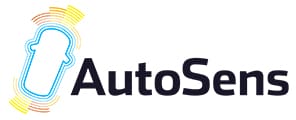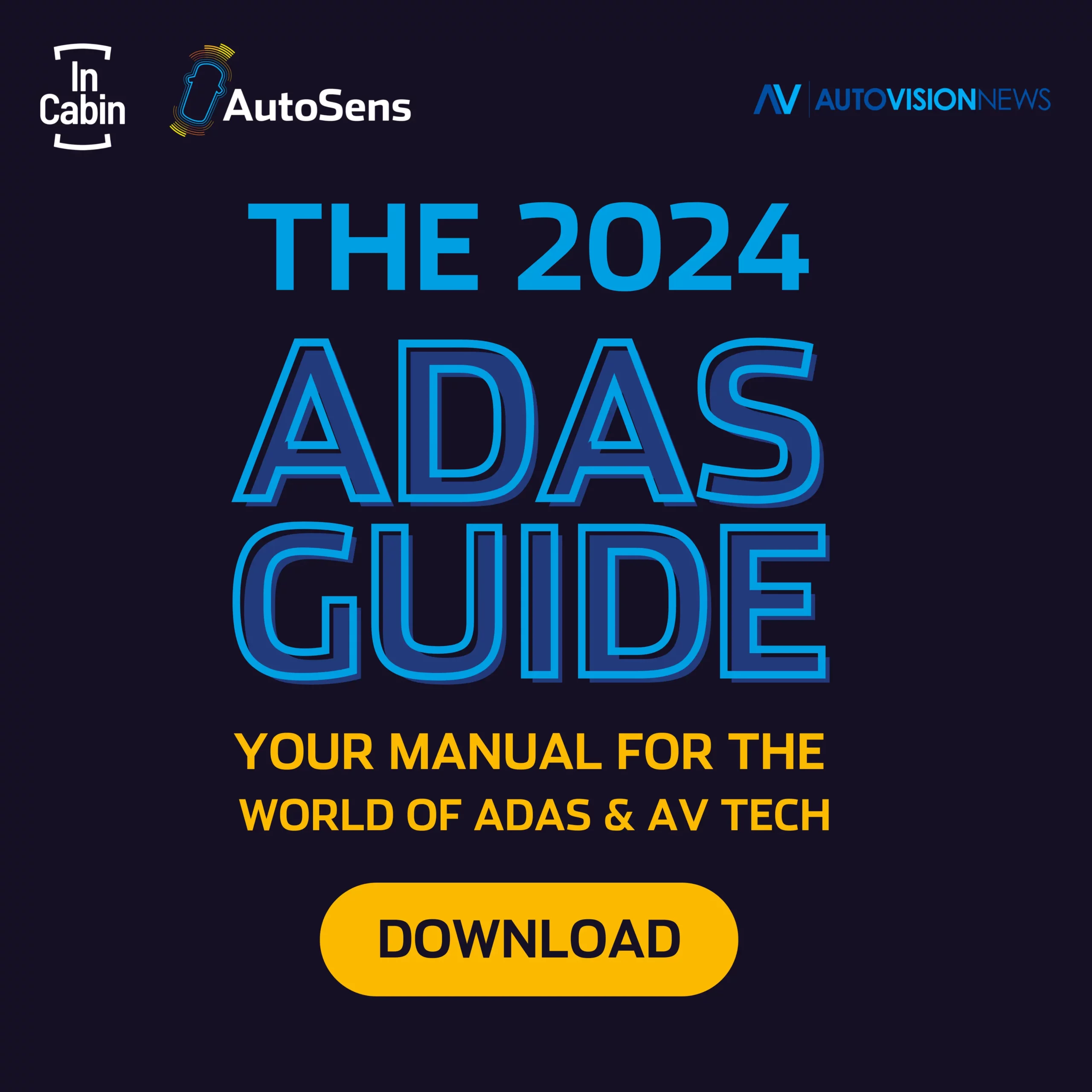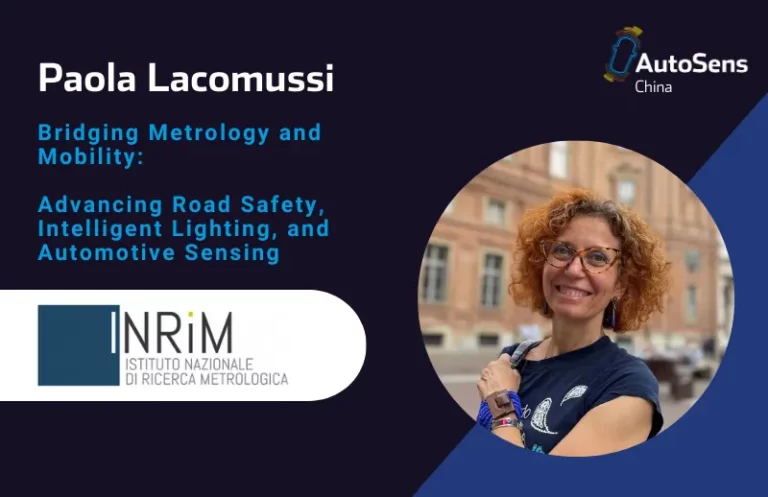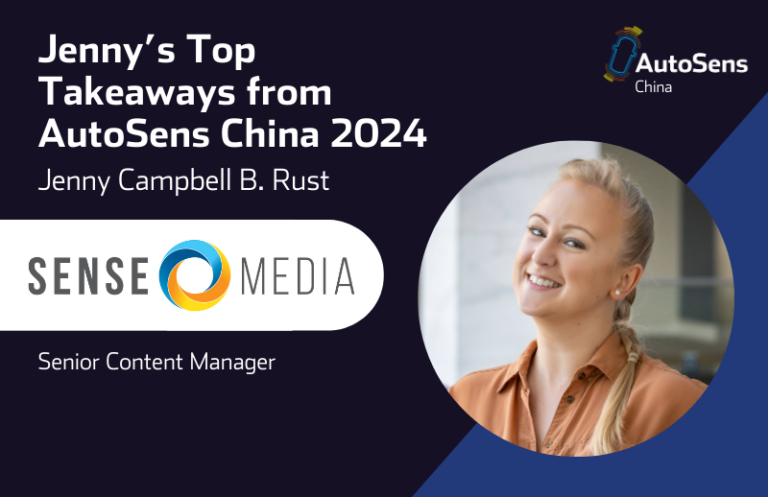
Therese Cypher-Plissart is an Autonomous Driving Researcher at the Alliance Innovation Lab Silicon Valley (Renault-Nissan-Mitsubishi) – she will be delivering a keynote session in the closing plenary at AutoSens in Brussels on “Contingency planning: anticipating hazards to ensure comfort and safety” as well as participating in the subsequent panel discussion on “Artificial Intelligence safety and its limitations – the challenges for and of AI”
Born and raised in Charleroi, Therese got her Masters in Mechanical Engineering from the Université Catholique de Louvain, majoring in Robotics and Vehicle Dynamics before getting tired of the rain and moving to sunny California. She joined the Renault-Nissan-Mitsubishi alliance in 2017 to work on Simulation and Controls of Autonomous Vehicles. Lately her focus has been on Safety Assurance, where her ultimate goal is to make our vehicles mimic the behaviour of defensive drivers.
We took a moment to chat with Therese to understand her inspirations, motives, desire for more women in her field and her current research.
What inspired you to take a Masters in Mechanical Engineering?
I have always known that I wanted to contribute to making cars more efficient. I started engineering school thinking that I would end up working on the car’s propulsion system before realizing that I had no real interest in Chemistry or Thermodynamics. I found out that the mechanical engineering department at my university offered a Robotics and Vehicle Dynamics specialization and that sealed the deal.
Do you have any tips for other women looking to explore a career in engineering?
If you are thinking about it, do it. There are so many fun engineering challenges that still need to be taken on and your unique perspective could be an innovation catalyst. I am convinced that some of the problems we are faced with could already be solved if we had more diversity in the industry.
Don’t let the lack of representation deter you from working in STEM. You belong, you will do great and join the Alliance to double the number of female engineers in my team…
We have a discussion planned at AutoSens on how realistic does simulation need to be. Given your work in Simulation and Controls of Autonomous Vehicles what is your take on this question?
I think the answer to this question will differ depending on what is simulated and tested. When it comes to controls, a realistic simulation model can save hours of testing on the road. If we are talking about decision making, any simulation, no matter how realistic will be limiting. In this case being able to create/recreate and run a scenario quickly is more important to test specific parts of the algorithm then a specific degree of realism that can be achieved using data collected in the field. Similarly, I am dubious of the need for a realistic (or even just a plain) simulation of sensors for perception purposes when there is already so much collected data that can be used. I am however curious to attend the discussion and hear what other people have to say on the subject.
What is your current research focus at the Renault-Nissan-Mitsubishi Alliance lab?
I mainly focus on the concept of safety in “worst case” scenarios. It is a fascinating topic to me because those scenarios often involve highly dynamic manoeuvres, which are a fun challenge to modelize and solve. They are not however very comfortable for the passengers. Part of my work is also to find a trade-off between reactivity and comfort.
What are you most looking forward to about presenting at AutoSens?
I am not sure if I am more excited about introducing the thought process behind our work or showing the results of some of the cases we have tested.
Hear Therese Cypher-Plissart, Autonomous Driving Researcher at the Alliance Innovation Lab Silicon Valley (Renault-Nissan-Mitsubishi) during her keynote session in the closing plenary at AutoSens in Brussels on “Contingency planning: anticipating hazards to ensure comfort and safety” as well as participating in the subsequent panel discussion on “Artificial Intelligence safety and its limitations – the challenges for and of AI” – tickets available here >>






